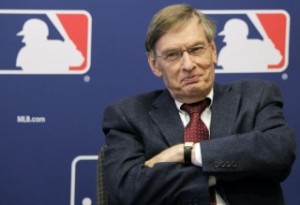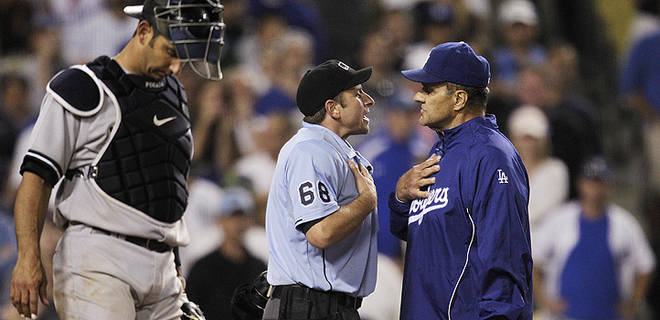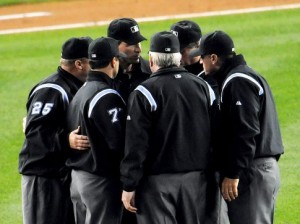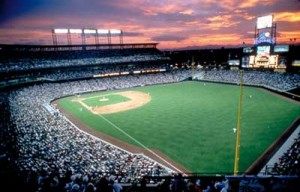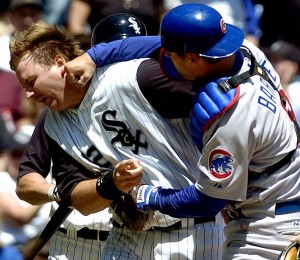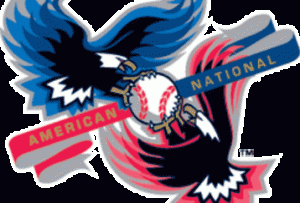Calls To The Hall: The Morals Of Cooperstown 5
When it comes to electing the upcoming class into the baseball Hall of Fame, we are going to either change the record books or let in everybody that cheated.
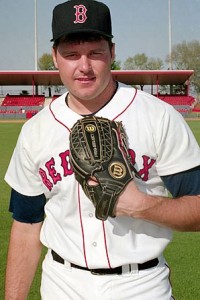 The fact that Roger Clemens is up for nomination is going to cause us to see who really gets in and who is left outside looking in with Pete Rose.
The fact that Roger Clemens is up for nomination is going to cause us to see who really gets in and who is left outside looking in with Pete Rose.
Watching Clemens when he was in New Britain, CT in 1983, there was talent on the mound, that had Cooperstown in my mind instantaneously.
That day when he threw a shutout to win the Eastern League Championship, I said “someday I will see him win the World Series for Boston.” When I went to Game Six in 1986, my dream was close to coming true.
He won 192 games in a Red Sox uniform and nobody has worn his number 21 since he left for Toronto in 1997.
The greatest pitcher in Red Sox history, and he threw it all away for a syringe a decade later
How could using PED’s in the 1995-2007 era be any different than those that used greenies from the 50’s until 2011?
We let Gaylord Perry in the HOF and he admits he cheated from day one.
Craig Nettles even had super balls come out of his bat, and how many times has cork been found inside one?
Cap Anson might have been the biggest bigot of his era, and he kept color out of baseball for 64 years, but baseball let him into Cooperstown.
Tom Yawkey did not have a man with color on his team until Pumpsie Green a decade after Jackie Robinson, but he too is enshrined.
